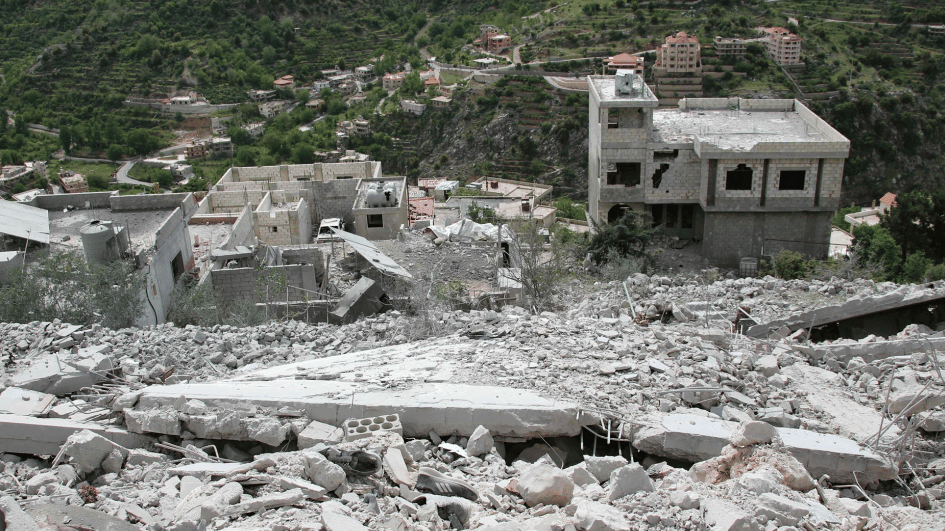US-Turkish dialogue in Syria and the fate of the S-400s
Şişe Cam, which translates as “bottle glass” in English, is one of the Turkish Republic’s oldest companies. When the company opened a glass bottle production plant in Russia in 2002, this is what the company’s legendary director, Şahap Kocatopçu, said during the ceremony: “We wanted to build a plant to produce window glass. For three years I went to all the plants in Europe. None of them agreed, saying: ‘This is a complex industry, Turks can’t do it.’ Their intention was not to lose the Turkish market. The Russians heard about it and came to us. Russia enabled us to use the latest technology, and thanks to them, we were able to produce window glass in 1961. Forty-one years later, we paid our ‘moral’ debt with the plant we built in Russia.”
The Aliağa Oil Refinery, the İskenderun Iron-Steel Factory – there is a long list of Turkish factories built by Soviet Russia. In the 1960s and 1970s, Turkey was the largest recipient of Russian economic assistance among non-socialist countries. This was the height of the Cold War, and Turkey was ruled by staunchly anti-communist governments.
But before each initiative toward the goal of transitioning from an agricultural economy to an industrial one, Turkey first knocked on the doors of its Western allies only to find the doors closed. Time and again, it heard messages like “this is too sophisticated; you don’t have the capacity; it is not worth the investment; continue to buy from us.”
It was evident to the ruling elites of the time that its allies wanted to maintain Turkey’s economic dependence on the West.
Turkey paid its debts with oranges and figs, not by selling out its allies. In fact, throughout the Cold War, Turkey was known as the most loyal ally.
It takes sophisticated diplomacy to strike the right balance between cooperating with your “foe” and not antagonizing your friend.
After the Cold War, it was only natural for Turkey to ramp up its relations with Russia. But in the current world disorder, which has started to increasingly show similarities with the Cold War, there is a limit to cooperating with Russia on strategic/military issues. A case in point is Syria.
Turkey is retaliating against regime forces in Syria after more than 30 Turkish soldiers lost their lives.
Two Russian-made planes belonging to the regime were shot down by Turkey, even though Moscow had closed the airspace.
This is how it happened, according to Sinan Ülgen, the director of the Center for Economic and Foreign Policy Studies (EDAM). “The targets were most probably acquired by a Boeing 737 Airborne Early Warning & Intelligence Plane. Turkey has four of these planes. Info was then communicated to the F16 – which had its own radars turned off to avoid detection – by a NATO compatible Datalink. It was then forwarded in real time to the air-to-air missile AIM 120.”
According to Ülgen, Turkey was able to use the different layers of its NATO compatible architecture. In short, he says, deterrence is highly dependent on an interoperable architecture that is able to project force across borders.
Turkey’s military cooperation with Russia
Turkey, however, insisted on buying Russian S-400 anti-ballistic missiles, countering the concerns that it will jeopardize NATO weaponry by saying it will not integrate the S-400s into the alliance’s system.
Actually, Turkey first went to its allies to acquire an anti-ballistic defense system. According to the official account, the offers did not include enough technology transfer and were more expensive than the Russian offer. At one stage, however, Turkey’s justification to obtain the S-400s went beyond technical details and acquired a political dimension that included a high degree of an anti-Western grudge.
Unconvinced by Turkey’s explanation, the United States suspended Turkey’s participation in the fifth-generation F-35 program. As a result, government pundits started to talk about buying S-500s, or Russian warplanes, like the ones Turkey just downed over the weekend. There was talk about closing the İncirlik Air Base or the NATO missile defense radar in Kürecik on the eastern border – two facilities that help Turkey feel safer against possible Russian, Syrian or Iranian missiles.
Right now, Turkey is seeking NATO and, especially, U.S. support in its confrontation with Russia. It needs to be realistic in its demands. Establishing a no-fly zone will not “fly” with NATO, as this would risk an aerial confrontation with Russia, which would no doubt challenge such a step given that it sees itself as the only actor in Syria. U.S. Patriots, which can be deployed on the Syrian border, are back on the table. This is not the time for Turkey to come with maximalist demands and for the U.S. to tag conditions on to the deal.
Instead, this crisis could serve to bring Turkey back into the Western orbit – even if that does not necessarily mean that it will have hostile relations with Russia. Turkey is doomed to have good relations with its northern neighbor which is also in its south.
Just like in the 1960s, Turkey needs the sophisticated ability to cooperate with an adversary without irritating its allies.











